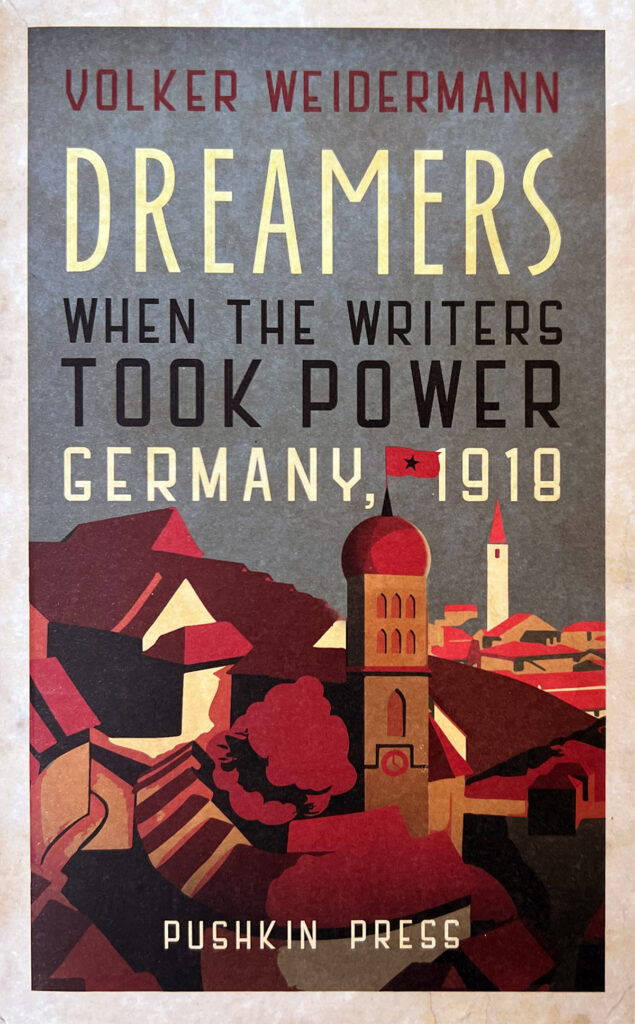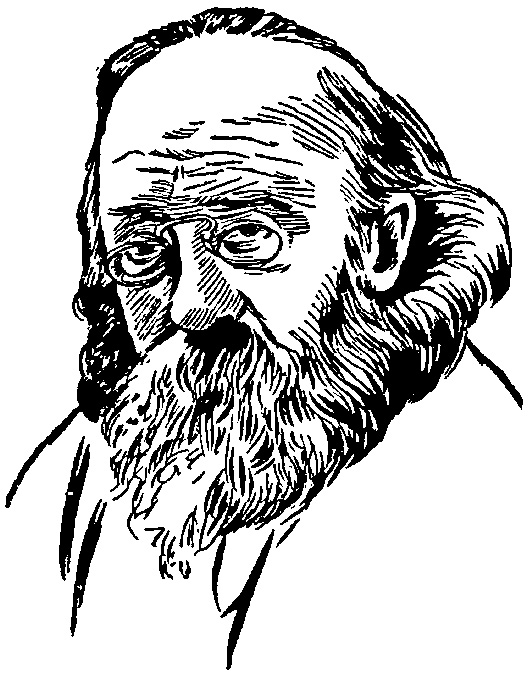In the hectic and fluid days following the armistice of 1918 and the birth of the Weimar Republic, assorted groups tried to fill the political vacuum left after the collapse of the Reich and the departure, to exile in neighboring Holland, of the Kaiser. Rivaling paramilitary groups, mostly comprised of veterans returning home from the front and finding chaos amid hyperinflation, repeatedly tried to seize power.
It would take until 1924 for the Weimar Republic to find its footing and usher in a brief era of growth, optimism, freedom, and prosperity. The Golden Twenties saw Berlin become to cultural capital of Europe with a flourishing art scene and a nightlife that put Paris to shame. However, after five years the party was over. On October 29, 1929, the New York stock market crashed, instantly wiping out almost $14 billion in market capitalization and ruining thousands of small investors. The crash reverberated around the world, sparking an era of economic stagnation and social misery.

In the period between the end of the Great War and the start of the Golden Twenties, Germany offered opportunities to political adventurers who moved centerstage from the margins of public life. One of the more exotic, and interesting, of the opportunists was Kurt Eisner, a pacifist, philosopher, and socialist who had spent nine months in prison for insulting Kaiser Wilhelm II.
The former editor of Vorwärts, a social-democratic broadsheet, and the Frankfurter Zeitung, Eisner was disgusted by the left’s support for the war effort. He drifted towards the fringes and joined more revolutionary movements. In early 1918, he organized and led a strike at a munitions factory in München, reminding the workers that the shells they made were destined to kill and maim their comrades.
Arrested and convicted for treason, Eisner was dispatched to Stadelheim Prison but regained his freedom nine months later in the general amnesty of October 1918. In the month following his release, Eisner organized a revolution that overthrew the Bavarian Government, dethroned King Ludwig III, and proclaimed a people’s republic of which he became prime minister.
In his new position he almost immediately caused an uproar with the publication of document that sought to prove Germany’s – and particularly Prussia’s – complicity with Austria in provoking the Great War. Eisner directly accused a conspiracy of “mad” Prussian military, industrialists and capitalists of submerging Europe in barbarity. His unsparing criticism of all things Prussian and its belligerent military caste and aristocracy made Eisner into one of the most hated politicians elsewhere in Germany.
On February 21, 1919, whilst on his way to parliament to tender his resignation, Kurt Eisner was fatally shot in the back by Anton von Padua Alfred Emil Hubert Georg Graf von Arco auf Valley, a young nobleman and far-right nationalist. During his trial, Anton Arco-Valley (for short) explained and justified his act: “Eisner is a Bolshevist, a Jew; he isn’t German, he doesn’t feel German, he subverts all patriotic thoughts and feelings. He is a traitor to this land.¨ The public prosector seemed to agree: “If the whole German youth were imbued with such a glowing enthusiasm we could face the future with confidence.”

The judge, who sentenced Arco-Valley to death, did so reluctantly: “Of course, the actions of the young politically immature man did not arise from base sentiments, but from ardent love for his people and fatherland, and were the result of the indignation against Eisner that prevailed in wide circles of the population.”
Arco-Valley sentence was commuted by the Bavarian government of the day to life imprisonment. In a curious twist of fate, he was sent to Landsberg Prison and locked up in Cell Nº70 from where he was evicted in 1924, to make way for a new arrival: Adolf Hitler. Arco-Vally was released on probation a year later and received a full pardon in 1927.
In Dreamers: When the Writers Took Power, Germany 1918, writer and literary critic Volker Weidermann does not hide his sympathy for, and admiration of, the unfortunate Eisner. Weidermann is the editor of the Sunday edition of the Frankfurter Allgemeine Zeitung, the successor to the paper Eisner edited. The author paints a vivid and fascinating picture of the three short weeks when hope and happiness flourished in Bavaria and writers and workers councils made plans to educate and elevate the masses.
Weidermann is the right writer to tell the story of these 21 tumultuous days. He possesses the flair required to immerse the reader in the moment. In an earlier work, the elegantly written Summer Before Dark, published in 2016, Weidermann proved his mastery of literary history and displayed his keen sense of place and time, with sketches of Ostend and the friendship that arose between Jospeh Roth and Stefan Zweig as both exiled writers watched with horror and trepidation as the specter of war descend on the continent. Both books manage to extrapolate paradigm shift in the course of history from small telltale events.
Book Details
- Dreamers: When the Writers Took Power, Germany 1918 by Volker Wiedermann
- Pushkin Press 2019
- ISBN 978-1-7822-7506-0
- 256 pp
- WR Library Nº4062 – July 4, 2020
